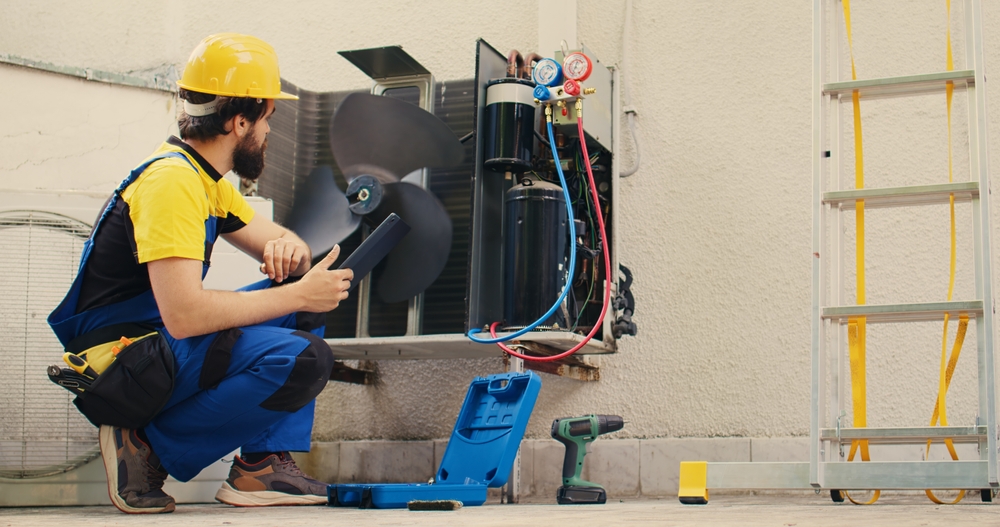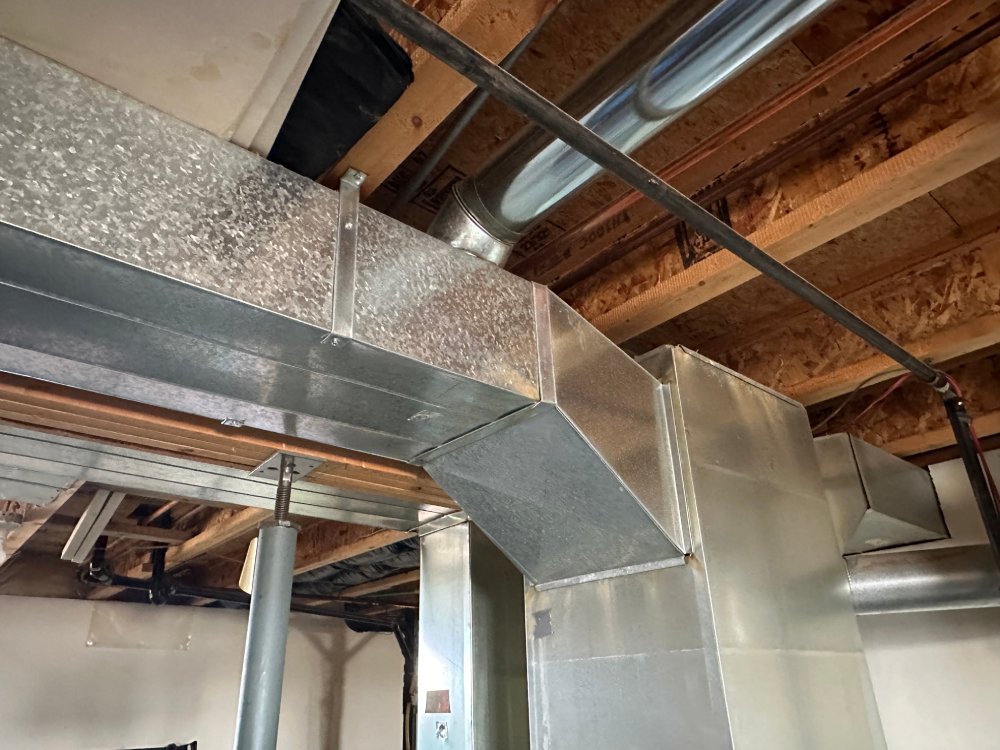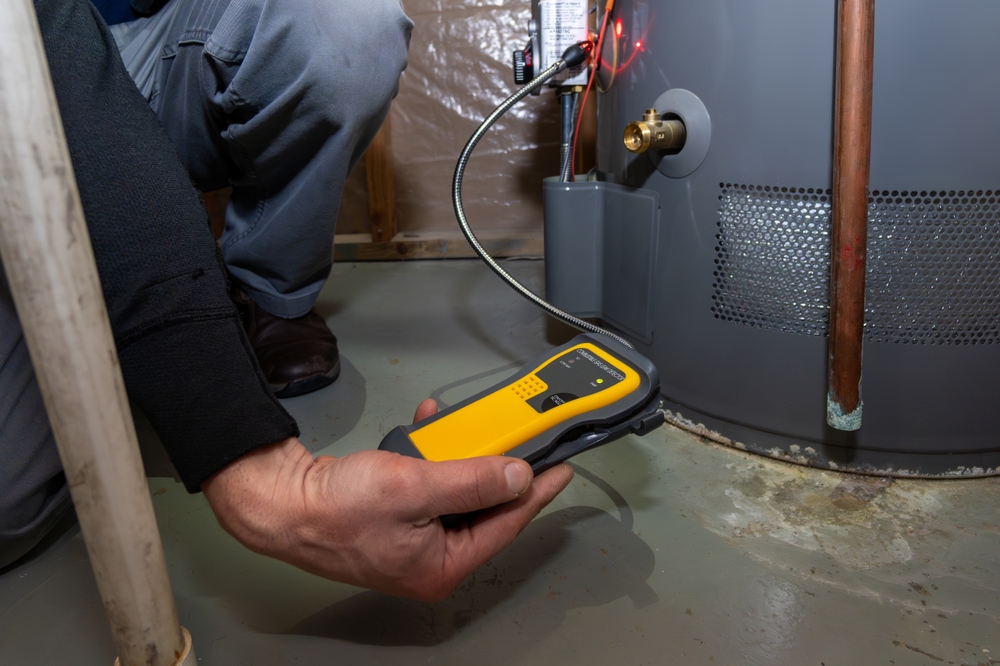AC Replacement Guide: When to Upgrade Your Cooling System
Having a good idea of when to upgrade major HVAC components in our homes is always helpful, and your air conditioner is no exception. When should you be considering a replacement AC system, and which factors will help you make this determination?
At Thompson’s Comfort Connection, we’re here to help. We offer the best AC services you’ll find around Salt Lake City, Sandy, Midvale, Draper, Cottonwood Heights, Riverton, and nearby areas of Utah, including AC replacements and more. Here’s an AC replacement guide from our team of professionals, digging into important concepts like AC lifespans, repair vs replace considerations, and some tips for situations where a new AC is the recommended move.
AC Unit Lifespan Expectations and Extension Tips
How long should a given air conditioner last? That’s not a simple question to answer, as there are many factors that can affect the lifespan of an AC unit. Generally speaking, most AC units will last anywhere from 10-15 years with proper care and maintenance. However, this can vary depending on the specific make and model of the unit, the climate in which it operates, and how often it is used.
To help extend the lifespan of your AC unit and get as many years out of it as possible, there are a few key things you can do:
- Regular Maintenance: One of the best ways to keep your AC running smoothly for longer is by scheduling regular maintenance appointments with a professional HVAC technician. They will be able to inspect and clean your unit, check for any potential issues, and make necessary repairs before they become bigger problems.
- Clean or Replace Air Filters: Your AC’s air filters play a crucial role in keeping the air in your home clean and reducing strain on the system. However, they can quickly get clogged with dust and debris, which can cause your AC to work harder than it needs to. Make sure to regularly clean or replace your air filters every 1-3 months.
- Keep the Surrounding Area Clear: To ensure proper airflow and prevent any potential damage, it’s important to keep the area around your outdoor AC unit clear of any debris, plants, or other obstructions. Trim back any overgrown plants or shrubs that may be blocking the airflow and remove any objects or debris that may have accumulated around the unit.
- Consider Upgrading to a Programmable Thermostat: A programmable thermostat allows you to set specific temperature schedules for different times of the day, making it more energy-efficient and cost-effective. This means your AC unit will only run when it’s needed, saving valuable wear-and-tear risks. Additionally, some newer thermostats even have smart features that allow you to control the temperature remotely from your phone.
Repair Vs Replace Considerations
If your air conditioner does have issues, one of the first conversations you’ll have to have with your HVAC technician is whether it makes more sense to repair or replace the unit. Here are a few factors to consider when making this decision:
- Age of the unit: On average, air conditioners last between 10-15 years. If your unit is approaching or already past its lifespan, it may be more cost-effective in the long run to replace rather than repair.
- Cost of repairs: Depending on the specific issue and parts needed, repairs can quickly add up in cost. If the price of repairs is nearing or exceeding half the cost of a new unit, it may make more financial sense to replace.
- Energy efficiency: Older units are often less energy-efficient and can consume more energy, resulting in higher utility bills. Newer units are designed to be more energy-efficient, which can save you money in the long run.
- R22 refrigerant phase-out: In 2020, the production and import of R22 refrigerant (commonly used in older air conditioners) will be banned due to its harmful environmental impact. This means that repairs for units using R22 will become increasingly expensive and difficult to find in the future, which may impact your decision to upgrade to a new unit.
Tips for Selecting a New AC Unit
If you and your AC technician determine that an AC replacement is the right decision for you, here are some tips to keep in mind when selecting a new unit:
- Consider energy efficiency: Look for units with a high SEER (Seasonal Energy Efficiency Ratio) rating. The higher the SEER rating, the more energy-efficient the unit will be and the lower your utility bills will be.
- Size matters: It’s important to select an AC unit that is appropriately sized for your home. A unit that is too small may struggle to cool your home effectively, while a unit that is too large may waste energy and not properly remove humidity from your home.
- Check for rebates or incentives: Many utility companies offer rebates or incentives for upgrading to an energy-efficient AC unit. It’s worth checking with your local utility provider to see if there are any opportunities for you to save money on your new AC purchase.
At Thompson’s Comfort Connection, we’re here to help with AC replacement for clients around SLC, Draper, Midvale, Sandy, Cottonwood Heights, Riverton, and nearby areas of Utah. We hope this AC replacement guide is helpful; contact our team today for more information or to schedule air conditioner services!
Related Articles

AC Replacement Guide: When to Upgrade Your Cooling System

Why Electric Heating Furnaces Are Perfect for Home Heating

